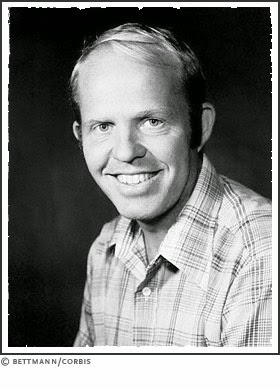From the inception of our country, the issue of slavery was one of great debate. The South's agrarian centered society became the largest cotton producing region in the world, while the North's industrial powerhouse pumped out goods to export to our new network of global allies. This entire process relied heavily on the institution of slavery. Now it seemed that the country was divided right down the middle on the morality behind this peculiar institution, but one thing was for sure, the South's economy needed slavery like a fish needs water. From the 20 year rule to the Missouri compromise, the debate took form through the laws passed in congress. This was seemingly one step forward and two steps back for every law passed in the eyes of the abolitionists, but the mere fact that the debate was being had was a promising sentiment in our young nation.

Slavery itself became the benchmark of what the majority of people believe the civil war was fought over. But I don't think anyone should believe that the South's stubbornness and injustices were based solely off of their hatred and belief that the African race was a lesser one. Yes of course these sentiments were prominent, but looking through the eyes of a historian or even as a politician, you can see that the South didn't so much as WANT the oppression of blacks; they NEEDED it. Their entire economic system depended on it. Having free labor, perfect land for farming, and a new capitalistic society in which to do business, is enough to make any business man, white or black, swoon in their millions. The true battle was fought over the South's belief that their states had the right to this free labor, and that the federal government had no right to dismantle this peculiar institution that created more millionaires in Mississippi than in any other state. The enforcement of laws like the "Tariff of Abominations" in 1828 added kindle to the soon to be inferno of the civil war.

In the eyes of the leadership in the South, slavery was a states rights issue. In the North, it was a civil rights issue. But we should not be foolish enough to think that the Northern states were a fantasy land of acceptance and love. Racism itself extended nationwide. Even in the Lincoln's giving of the Emancipation Proclamation, only slaves from the rebel states were set free. Slaves currently living and working in the "boarder states" had to maintain their servitude because the North feared that they would lose the support of their host states, and they would join the Southern cause.
So now, in 1861, the country found itself fighting a war that pitted brother against brother. A war proving that a house divided cannot stand. A war that would go down as the bloodiest in our history.
 On August 27, 1963, around 250,000 people, whites and blacks alike, marched on Washington D.C. to protest for equal rights. To this day, this demonstration remains as one of the largest political rallies in United States history. The March was the result of the passion and dedication of the Civil Rights Leaders and also the the spirit of the proud U.S. citizens who traveled from every corner of the country to view this spectacle.
On August 27, 1963, around 250,000 people, whites and blacks alike, marched on Washington D.C. to protest for equal rights. To this day, this demonstration remains as one of the largest political rallies in United States history. The March was the result of the passion and dedication of the Civil Rights Leaders and also the the spirit of the proud U.S. citizens who traveled from every corner of the country to view this spectacle.







